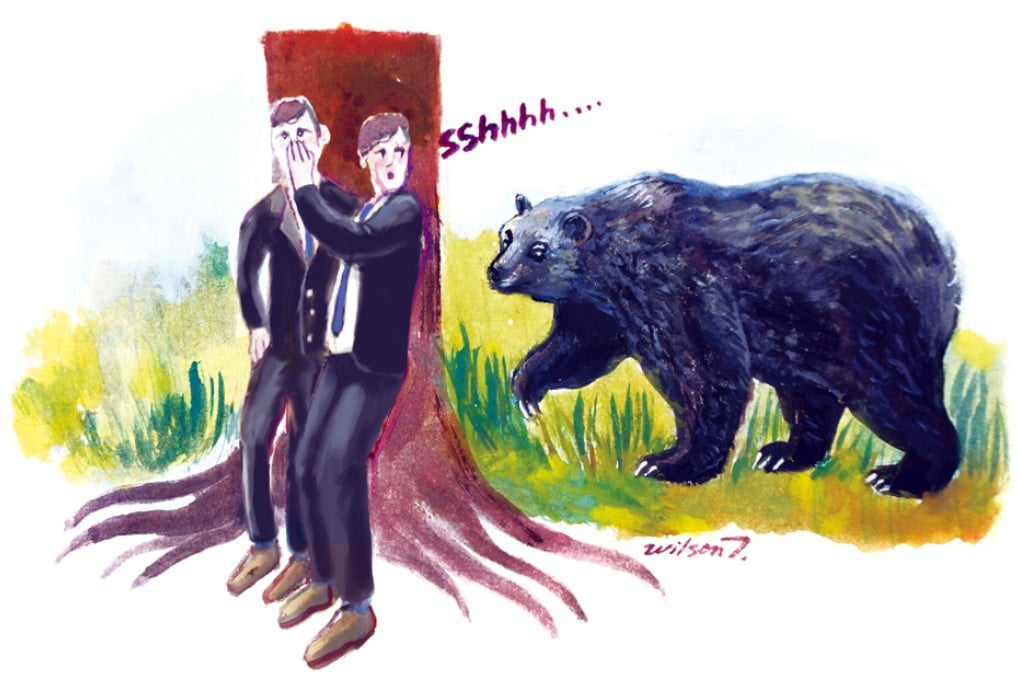MH17 downing underscores world's dilemma of how to deal with Putin
Paul Letters says the international response to Russia's role in the downing of MH17 - and the larger Ukraine conflict - has been understandably muddled, given the varying national priorities

I was in Kuala Lumpur last weekend, where flags flew at half mast for the victims of flight MH17 and the key terms in the media coverage seemed to be "outrage" and "damning". The front page of Malaysia's The Star newspaper, for example, emphasised outrage from various world leaders - but exactly which leaders are the most outraged depends on each country's political biases and economic priorities.
One hundred and ninety-three lives have weighed heavily on the mind of Mark Rutte, the Dutch prime minister, yet he refused to rush to join the anti-Russian condemnation issuing from the Obama administration. Rutte emphasised that there was much about the tragedy that we couldn't be sure of. This may be sensibly circumspect, or it may reflect the fact that business with Moscow is booming: Russia is the Netherlands' third-largest trade partner.
Rutte did, however, say that he would personally ensure the culprits are found and brought to justice. This gains him political ground in his own country without upsetting the Russians.
Tony Abbott, the prime minister of the nation which suffered the third-highest death toll (after the Netherlands and Malaysia), said, with unexpected understatement: "Australia takes a very dim view of countries which facilitate the killing of Australians." Later, more typical comments that described Russian behaviour in the Ukraine crisis as "outrageous" provoked stiff condemnation from Moscow. Abbott can afford to talk tough: Russia is not a major trade partner for Australia.
Straight off the bat last weekend, before US Secretary of State John Kerry provided any detail to begin to back up his accusations, Malaysia's New Sunday Times saw no reason to pussyfoot around the Great Bear. They accepted the United States' "damning assertion" of where the blame lay. Pro-Russian separatists launched the missile, the newspaper declared, leaving little doubt that they were "abetted by the Russians under the aegis of Vladimir Putin".
The response from the Malaysian media must not be taken to represent Malaysia officially. Tragically, the government has too much recent experience of handling airline tragedies. Whereas it took Prime Minister Najib Razak a week to make a public statement about MH370 in March, this time, he appeared on Malaysian TV within hours. His comments echoed those of his transport minister, Liow Tiong Lai, who used the phrase "outrage against human decency".
In reality, not all of the world wants to push Putin too far. Putin is the ultimate opportunist and will play this situation as such. Should he concede it was the rebels' fault, he will present Russia as saving the situation - for domestic consumption, at least. Russia's boldness throughout the Ukraine crisis has been a reaction to Kiev's tilting towards the West.